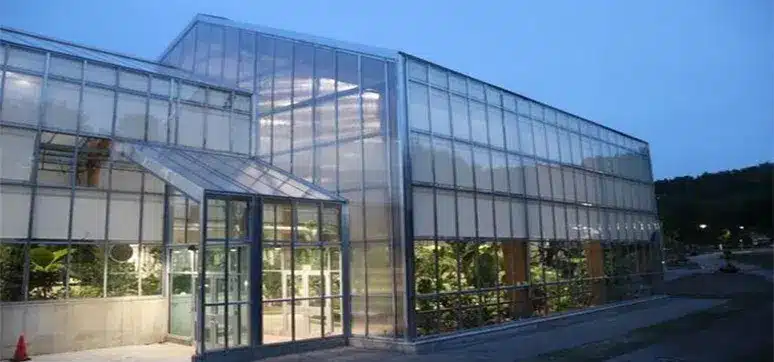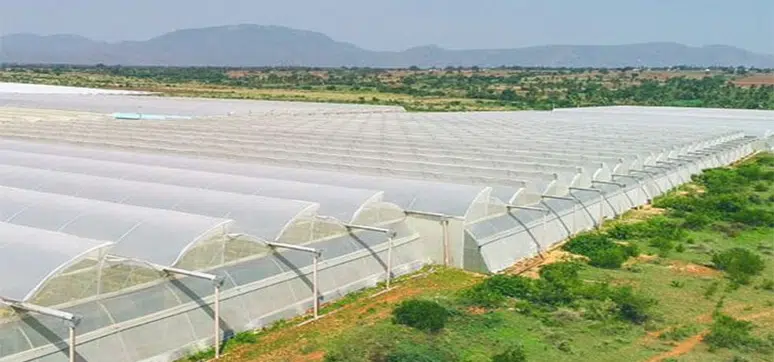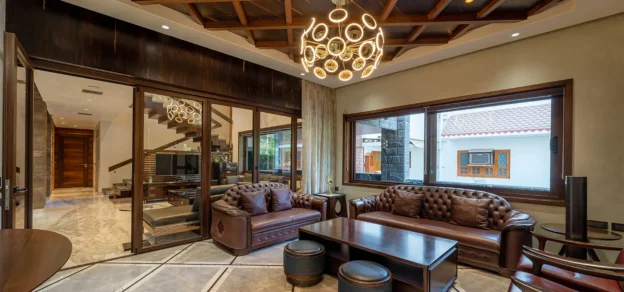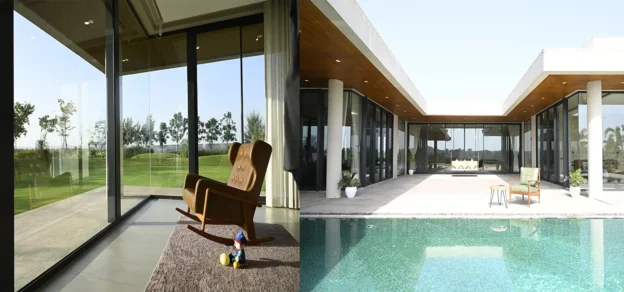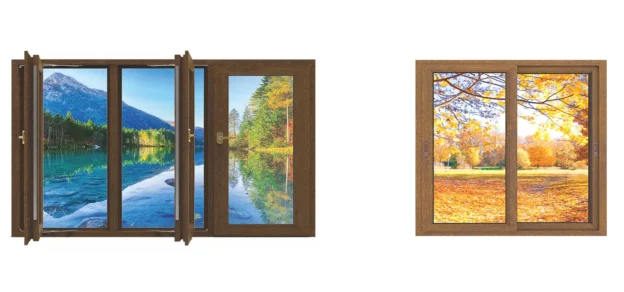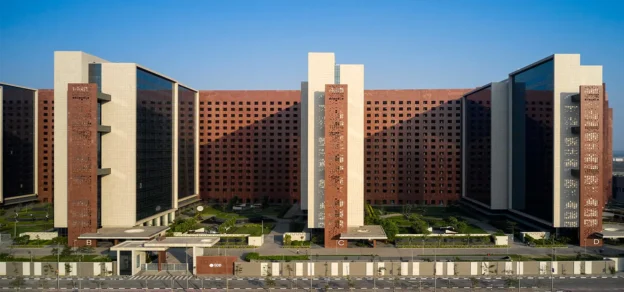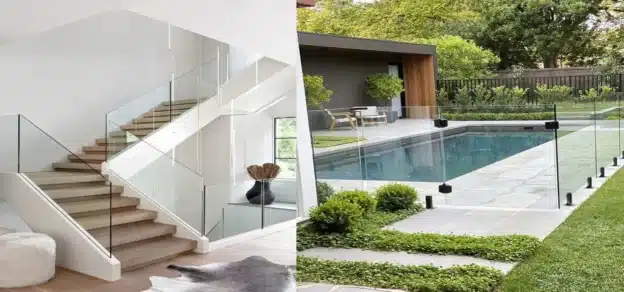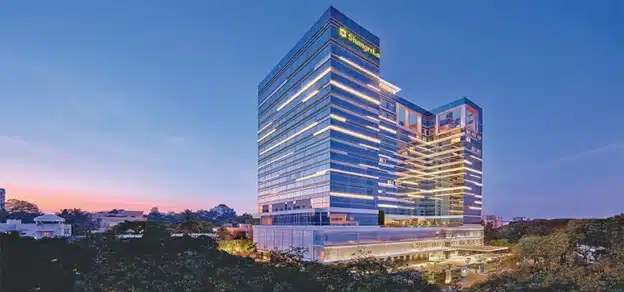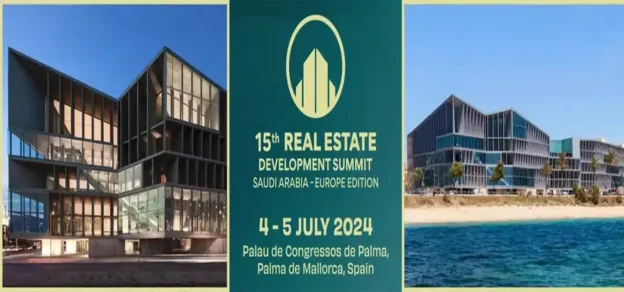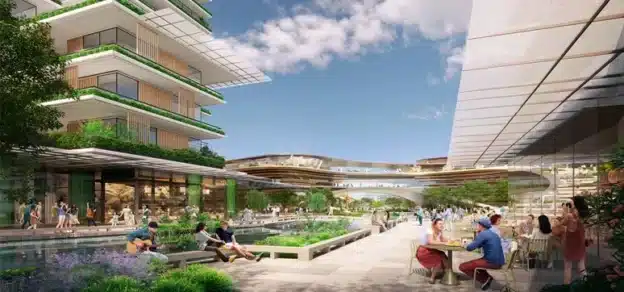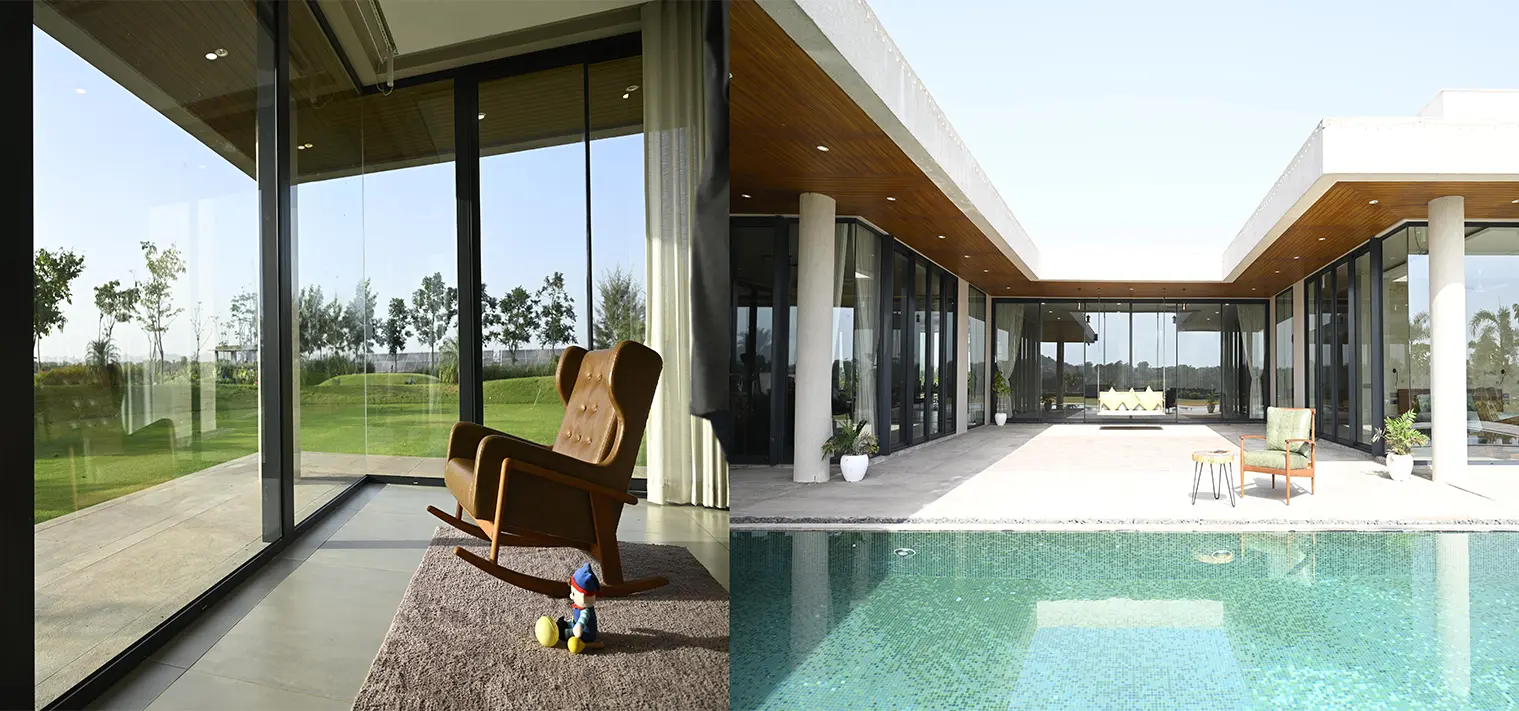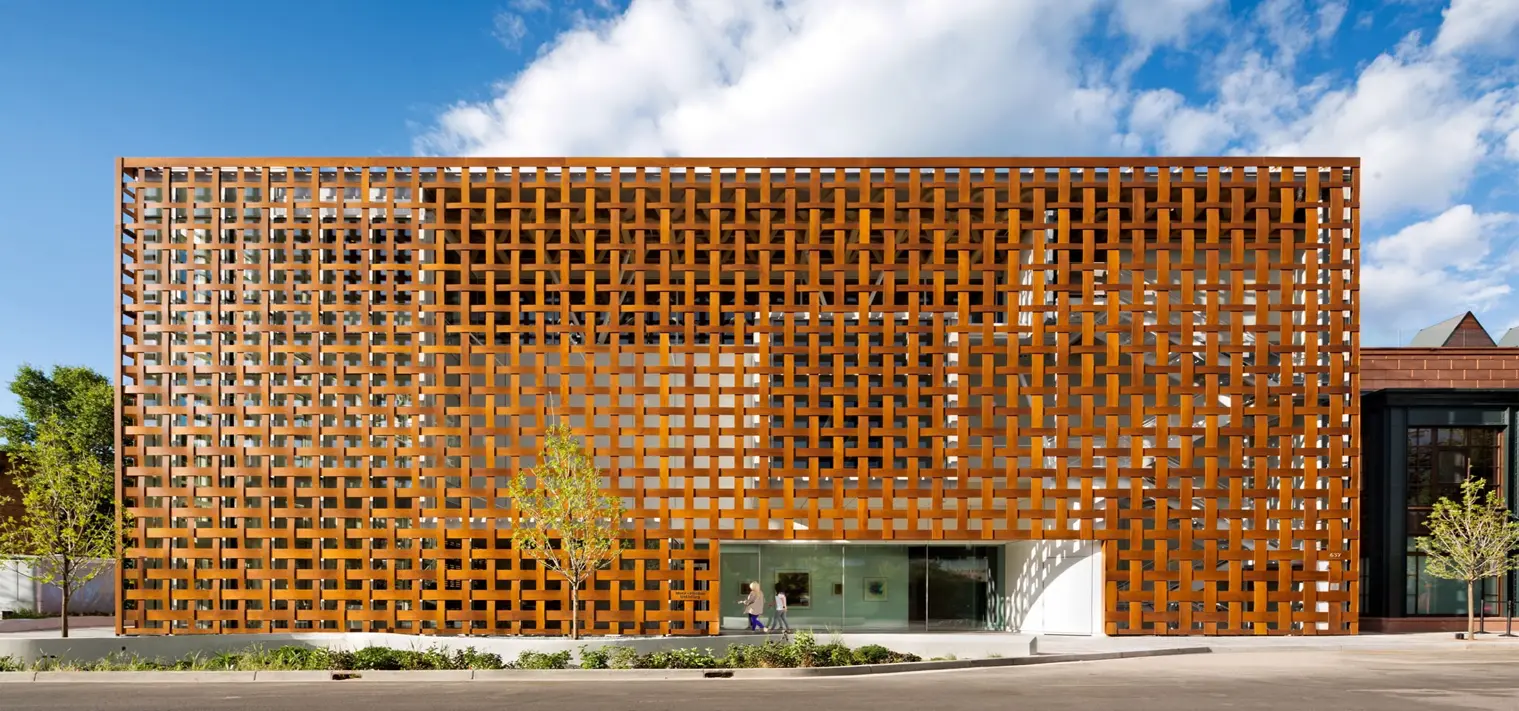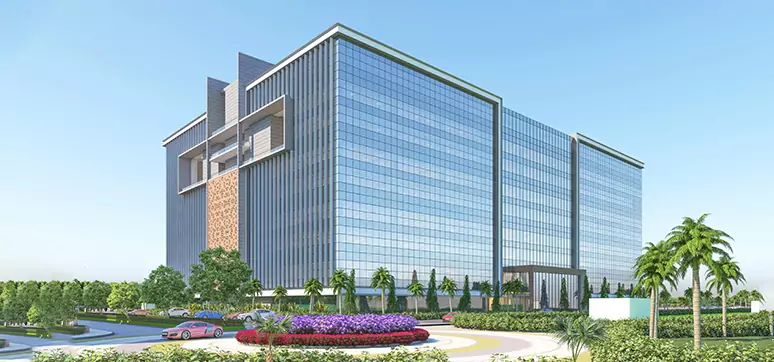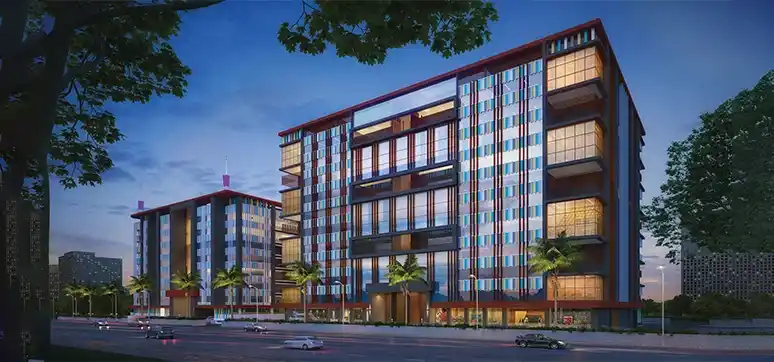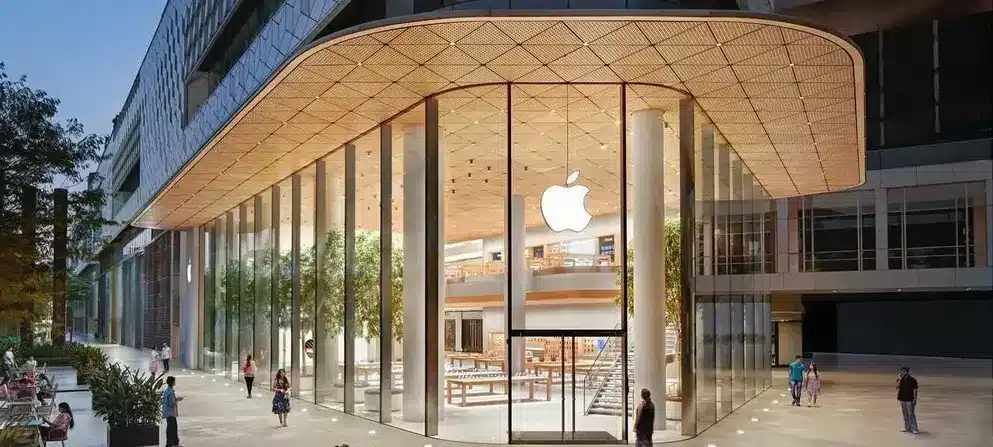Building a greenhouse allows you to control the environment for growing plants. One of the most important considerations when constructing a greenhouse is choosing the right cladding material. The cladding is the outer layer of the greenhouse that helps regulate temperature, humidity, and light.
Key Factors to Consider for Greenhouse Cladding
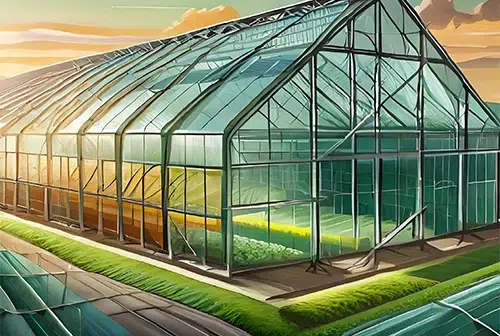
When selecting a greenhouse covering, there are a few key factors to consider:
Durability
The cladding material needs to be durable enough to withstand exposure to sun, rain, wind, and potentially hail or snow. It should resist degrading and maintain good light transmission over several seasons.
Light Transmission
The level of light transmission is crucial for plants to photosynthesize. Look for materials that allow 70% or higher light transmission.
Insulation Ability
The cladding impacts heat retention, which protects plants at night and during colder months. More insulating materials better regulate interior temperature.
Cost
While cost should not be the only determining factor, cladding materials range widely in terms of budget. Evaluate options compared to your specific goals and resources.
Best Cladding Materials for Greenhouses
Taking all the criteria into account, below are top options for greenhouse cladding:
Glass
Glass provides excellent light transmission, insulation, and durability. Tempered glass is very hail and impact-resistant. High initial investments pays returns over decades of use.
Polycarbonate Panels
Polycarbonate panels offer high levels of transparency and insulation. Long-lasting, affordable, and easy to install compared to glass. Weighs less than glass allowing for wider spans.
Polyethylene Film
Poly film is the most budget-friendly covering option. Easy to install over hoop houses. Must be replaced every few seasons as UV rays cause film to become brittle and degrade over time.
Fiberglass Panels
Fiberglass allows over 80% light transmission with good insulating properties. Hail/impact resistant and handles weather well. Higher cost than polycarbonate but lasts for over 25 years.
Conclusion
When determining the best greenhouse covering, weigh factors like transparency, insulation, durability, and budget. Polycarbonate and poly film suit small hobby greenhouses well, while glass and fiberglass merit investment for larger, high-performance structures. Partnering the right cladding material with your climate, plants, and greenhouse goals leads to optimal growing conditions.
